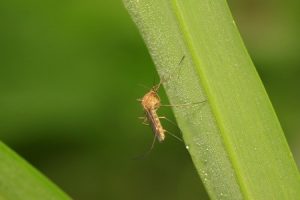 As Summer nears its end and we head into Fall, you may be wondering what happens to small critters and pests during cold winter months.
As Summer nears its end and we head into Fall, you may be wondering what happens to small critters and pests during cold winter months.
Western New York winters consist of extreme cold temperatures, treacherous snowfall, and dark clouds hanging over every day.
Where do the critters go during the winter months when there’s no sign of their existence?
Some insects make like birds—and some of our elderly residents—by migrating south to warmer weather. Butterflies are a good example of this. While they’re not typically thought of as pests, they can be destructive to landscaping, especially in early stages of development. Other insects migrate downward into the earth, bringing stockpiles of food below the frost line to wait it out until spring.
Unfortunately, some common pests migrate into the warmth of your home. That’s right—we’ve unwillingly built winter lodging for insects like roaches, termites, and ants that post up in the dark corners of our homes for the winter. There are several ways to protect your home from pests looking for shelter.
Some insects, like bees and ladybugs, use their collective warmth as a means for survival, bundling together in hives and other safe places. On the other hand, pests like wasps often leave a single, strong queen to survive the winter before nesting and building a new hive when conditions are ripe. Other pests live through their immature stages of development that line up with the seasons, emerging in their adult stages ready to wreak havoc at just the right time. These include moths and grasshoppers.
Finally, even annoying pests exhibit the miracles of nature. Some insects have biological processes that produce natural anti-freeze. While lying dormant, they stay just warm enough to avoid freezing from the inside out.
Now that you know how pests survive the winter, be sure to contact a professional to help remove them from your home. Contact Amherst Exterminators today for your extermination services in Western New York!



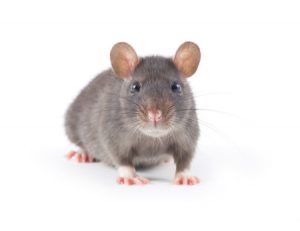
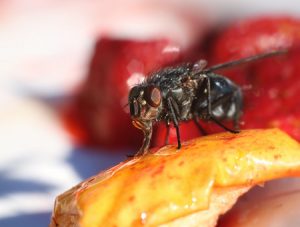
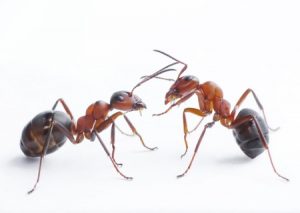
 Dealing with a bed bug infestation in your home can be a huge pain in the neck for a number of reasons. One reason is that bed bugs can get all over your clothing and make the infestation even worse. For this reason, you should take any clothes that may have potentially come in contact with the infested area and clean them immediately to eliminate the threat of bed bugs spreading when you wear your clothing. Here are some tips for cleaning clothing that may have come in contact with bed bugs in your home.
Dealing with a bed bug infestation in your home can be a huge pain in the neck for a number of reasons. One reason is that bed bugs can get all over your clothing and make the infestation even worse. For this reason, you should take any clothes that may have potentially come in contact with the infested area and clean them immediately to eliminate the threat of bed bugs spreading when you wear your clothing. Here are some tips for cleaning clothing that may have come in contact with bed bugs in your home.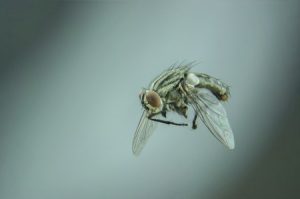 Most people are pretty familiar with common house flies. They come out in the summer months, and once they work their way into your home, it can be really difficult to get rid of them. You can spend days, weeks, and in some cases, even months swatting at them and trying to get them to leave. However, there’s another kind of fly that can also work its way into your home, and when it does, it will often drive you crazy throughout the winter.
Most people are pretty familiar with common house flies. They come out in the summer months, and once they work their way into your home, it can be really difficult to get rid of them. You can spend days, weeks, and in some cases, even months swatting at them and trying to get them to leave. However, there’s another kind of fly that can also work its way into your home, and when it does, it will often drive you crazy throughout the winter.